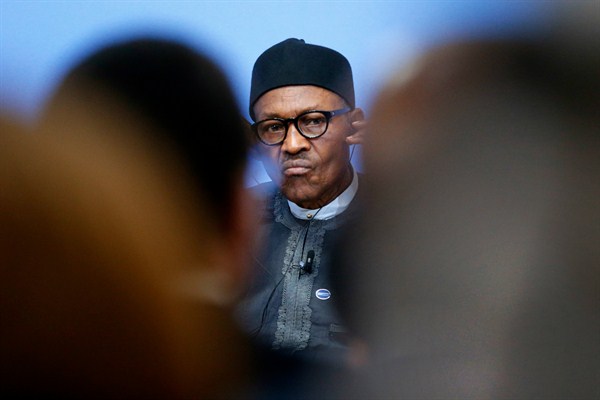In early February, Nigeria’s anti-corruption agency discovered a cache of $9.8 million stashed in the house of Andrew Yakubu, the former managing director of Nigeria’s state-run oil firm, NNPC. Nigerians on Twitter and Facebook quickly expressed their amazement at the magnitude of the amount and speculated over how Yakubu had gotten the money.
Before the cash discovery, Nigerians had been preoccupied with the news of President Muhammadu Buhari’s extended medical vacation, which lasted through March. But their attention was swiftly diverted by the news of Yakubu’s cash stockpile, which was hidden in a fireproof safe inside his home in northern Kaduna state. Yakubu claimed the money was the proceeds of “gifts” from his friends, but the Nigerian government is still investigating the possibility that he stole it from the NNPC.
The development came a few weeks after the introduction last December of Nigeria’s new whistleblower policy, which calls for compensating citizens who report corruption-related offenses with a payment of from 2.5 to 5 percent of the amount recovered. The discovery of Yakuba’s horded cash came as the result of a tip under the new policy’s terms.

